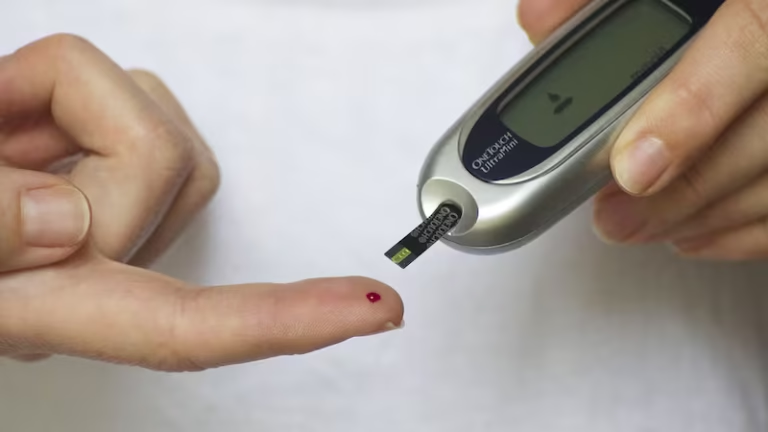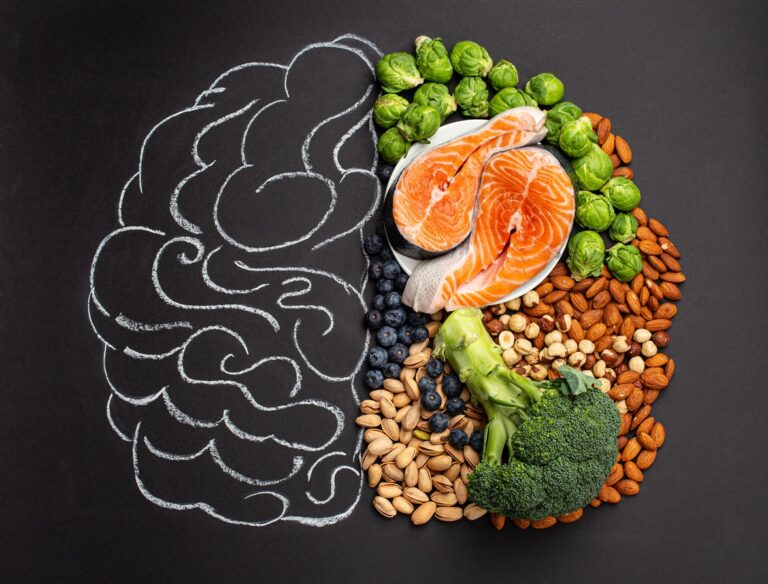
Although erectile dysfunction (ED) is often thought of as a medical issue, mental and emotional health are often linked to both its causes and remedies. The psychological component of ED is just as crucial to attaining long-lasting effects as the physical side, even while medical therapies like oral pills, injections, or devices may address the latter. A really effective treatment strategy requires an understanding of and attention to mental health.
Visit treatment for erectile dysfunction to learn more about the alternatives available.
Comprehending The Relationship Between Mind And Body In Ed
A complicated interplay between the brain, hormones, nerves, and blood vessels is necessary to attain and sustain an erection. Mental health issues that disrupt this process, such as anxiety, depression, chronic stress, or low self-esteem, may either cause or worsen erectile dysfunction. Even in situations when physical health is generally good, these psychological elements may be the main cause of ed.
Blood arteries may narrow, and blood flow to the penis may be restricted when stress or anxiety triggers the body’s “fight or flight” reaction. In a similar vein, sadness may reduce libido and the brain’s ability to trigger arousal. These behaviors might eventually result in performance anxiety, which feeds the ed cycle even more.
Why Ed Outcomes Are Improved By Mental Health Support
Successful ED treatment often involves more than simply managing the physical symptoms. Patients may end the cycle of worry and avoidance, regain their sexual confidence, and improve their relationships by including mental health assistance in their treatment plan. Mental health services can:
Develop coping mechanisms and have satisfying sex to lessen performance anxiety.
- Improve your partner’s communication while fostering an atmosphere that encourages closeness.
- Resolve underlying stress or depression to increase vitality and general well-being.
- Restore your self-esteem so that you may have sex without worrying about failing.
Helpful Psychological Interventions
- Cognitive Behavioral Therapy (CBT): Cognitive behavioral therapy, or CBT, assists people in recognizing and altering harmful thinking patterns that fuel eating disorders.
- Techniques for relaxation and mindfulness: Techniques that reduce anxiety and enhance sexual concentration include gradual muscle relaxation, deep breathing, and meditation.
- Couples Counseling: Relationship therapy and couples counseling address communication problems and emotional detachment that may be compromising sexual wellness.
- Stress Management Programs: Programs for stress management by enhancing mental health, lifestyle modifications, time management techniques, and stress-reduction techniques may indirectly boost sexual performance.
Combining Physical And Mental Therapies
Combining mental health services with physical ed therapies yields the greatest outcomes for many men. For instance, taking medicine together with treatment sessions might address the long-term psychological problems while offering temporary confidence increases. Likewise, lifestyle changes that support mental and physical well-being, such as regular exercise, a healthy diet, and enough sleep, enhance the efficacy of treatment.
An integrated approach, which includes medical examination, counseling, and sometimes partner engagement, is often encouraged by doctors and experts. This all-encompassing approach not only raises the likelihood that ed will be resolved, but it also improves general quality of life.
Getting Rid Of The Stigma
Unfortunately, stigma or humiliation prevent many men from seeking mental health treatment for eating disorders. When issues emerge, they could feel ashamed since they only see sexual performance as a sign of manhood. It is imperative that this stigma be removed since ed is a common medical condition, and getting care is a show of strength rather than weakness.
More men may seek the all-encompassing treatment they need if the discussion of sexual and mental wellbeing is normalized. Open communication between spouses and healthcare professionals may result in better treatment choices, faster diagnosis, and better results.
Conclusion
Mental health is often the missing component to long-term success in the treatment of eating disorders, even if drugs, equipment, and medical procedures may all be crucial. Men may eliminate covert obstacles to sexual performance and find confidence and enjoyment by treating relationship issues, anxiety, depression, and stress.
Restoring function is just one aspect of effective ed therapy; another is restoring quality of life. The odds of beating ED and having a fulfilling, healthy sexual life significantly rise when the body and mind are in balance.





